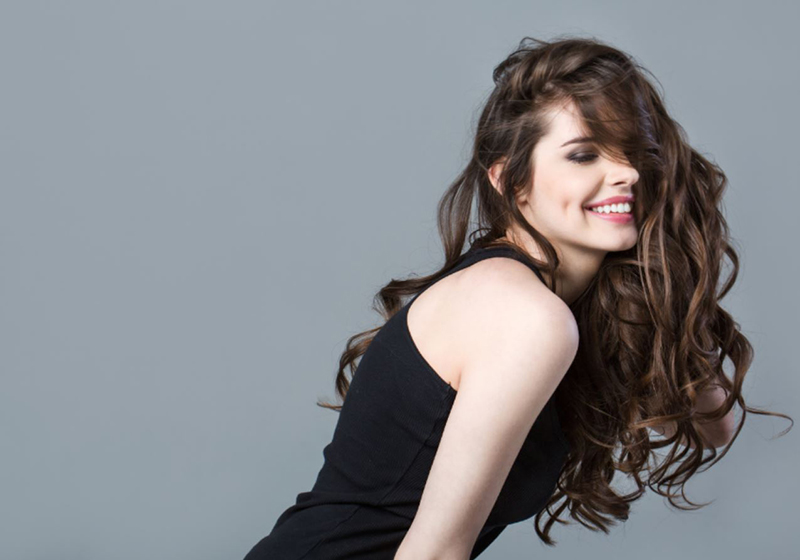The philosophers always ask questions about certain things: What is beauty? How does beautiful differ from ugly? We realize the beautiful one at the moment we see it. Works of famous sculptors, movie stars, athletes, and especially top models determine our ideas of beauty.
Beautiful faces and bodies have a trend. Definition of beauty changes in every century. Then, what is the standard of beauty? How the representatives of ideal beauty are chosen? Scientific researches cannot answer these questions. Even the beauty is realized easily, it is hard to define it. But at least we know that beauty relies on balanced ratios and those can be calculated. The search of perfect balance is processed starting from Ancient Greece to Renaissance and to our times. Leonardo Da Vinci’s drawings were representing the ideal beauty of the Renaissance era.
One of the beauty theories says that something with no provision of pleasure to someone cannot be beautiful. When our senses recognize something desired, we sense happiness, joy, and fun. Then maybe we can say this; “The desired one is beautiful”.
Actually, ideal beauty is personal and it changes through; external factors such as ethnic groups, beliefs, geographic locations, and internal factors such as temperament, sensitivity, culture and etc. All races and cultures have created their own understanding of beauty in different time periods.
Beauty in Our Day
Today, plastic surgeons do not have to look at the old statues or drawings anymore. In our day, it is easy to see representatives of beauty in newspapers and magazines. Esthetical ideals of religions, races or age groups are being removed in the global world by the effect of the marketing industry. Nowadays, the limits between esthetical standards are disappearing rapidly. Perfectness is defined by top models. Top models are presented as beauty itself instead of the type of beauty. Beauty does not come out of the mind of an artist anymore; it is coming from a genetic combination, balanced diet, and part of a life standard’s product. Shortly, the definition of beauty is imposed on society.
Beauty and Social Life
People learn the importance of the beauty since from their babyhood and childhood. Studies show that 6-month-old babies smile more and spend more times by looking at attractive people. Another study on children indicates that children found attractive people more trustable and playful than the others with no attraction.
It is accepted that physical appearance is a significant fact for raising a child. Premature unit nurses think that attractive babies are more intelligent than unattractive babies. Again, researches show that beautiful children are appreciated and loved more. This situation proves itself on children stories. Witches are always bad, old and ugly while princesses and princess are good, young and beautiful. People usually think that good looking people have better lives.
It is not different for today’s adults. Physical appearance is more important in social life by the increase on the population in the metropolis. Because of these factors; people encounter, communicate or meet with more and more people in their daily life. It is assumed that an adult person will have average seven jobs in a lifetime. Divorce rates increased 700% compared to the beginning of the century.
All in all, people just judge each other by their appearances and not heir characteristics or personalities, because of the increase on social fragmentation.
Economical researches suggest that beautiful people earn 10%-20% more money. Girls start to worry about weight loss in their teens and this is caused by the modern society’s thought of esthetic on women that they should be slim. People with obesity earn less money than slim people; even they do not have any health issues caused by obesity. And the reason for it is not discrimination; beautiful people just have better self-confidence, therefore they are more successful in life.
All these social and psychological facts make people chase beauty and youth increasingly; they go to the plastic surgeons, dentists, dietitians and estheticians with this motivation.
Beauty and Plastic Surgery
Does plastic surgery change the self-confidence? Long years of studies indicate that people with esthetical operations feel more confident, they have ease in social life, and they are less criticizing of themselves and others.
As a result, there is a strong relationship between attractiveness and self-confidence. Even though people around you realize a slight change, patients’ quality of life increases through an increased feeling of trust in themselves.
The benefit of esthetic surgery can be defined as psycho-therapeutic. The patient’s non-liked features are changed, and the issues related to it are also solved along with the patient’s sense of his/her own body.

